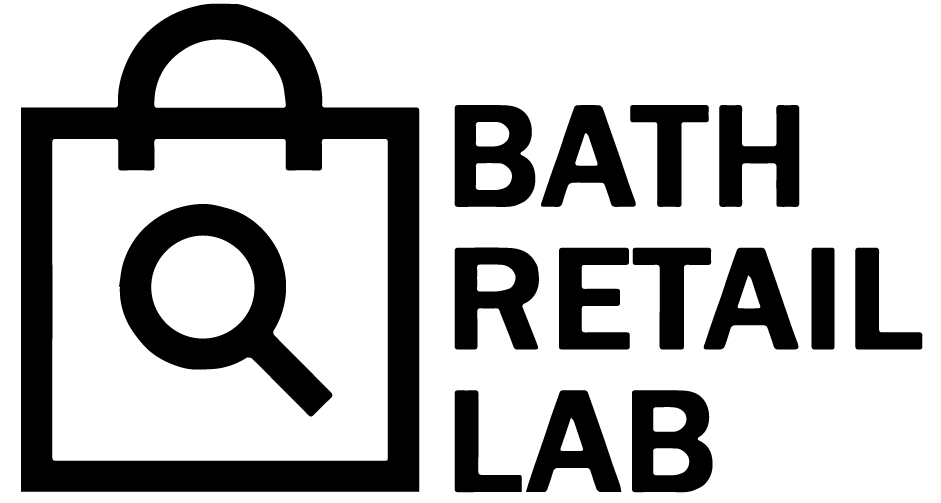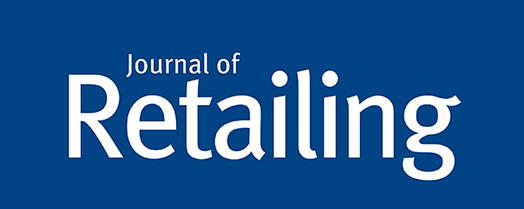Abstract
This research examines consumers’ general in-store mobile phone use and shopping behavior. Anecdotal evidence has suggested that mobile phone use decreases point-of- purchase sales, but the results of the current study indicate instead that it can increase purchases overall. Using eye-tracking technology in both a field study and a field experiment, matched with sales receipts and survey responses, the authors show that mobile phone use (versus nonuse) and actual mobile phone usage patterns both lead to increased purchases, because consumers divert from their conventional shopping loop, spend more time in the store, and spend more time examining products and prices on shelves. Building on attention capacity theories, this study proposes and demonstrates that the underlying mechanism for these effects is distraction. This article also provides some insights into boundary conditions of the mobile phone use effect.



